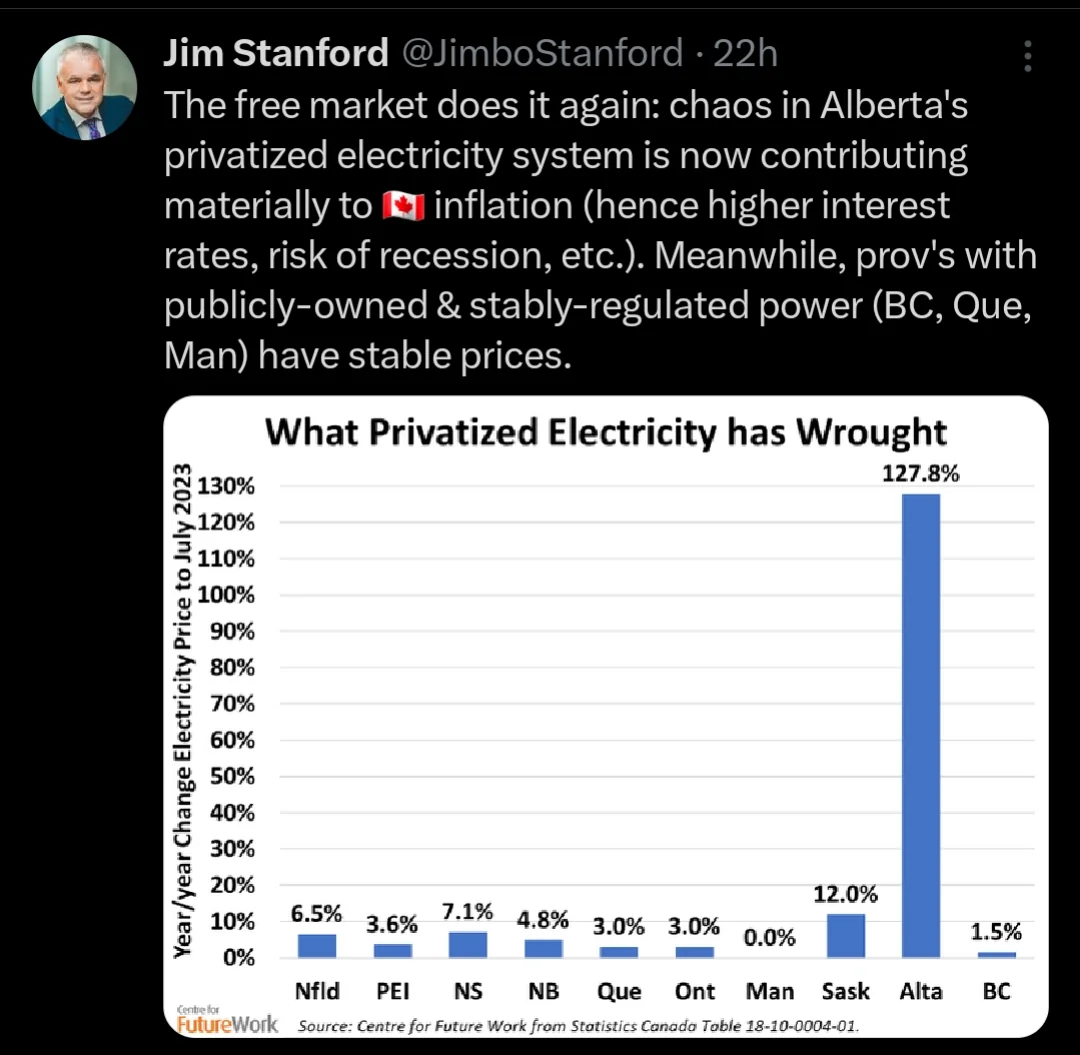this post was submitted on 18 Aug 2023
1 points (100.0% liked)
GenZedong
4048 readers
380 users here now
This is a Dengist community in favor of Bashar al-Assad with no information that can lead to the arrest of Hillary Clinton, our fellow liberal and queen. This community is not ironic. We are Marxists-Leninists.
This community is for posts about Marxism and geopolitics (including shitposts to some extent). Serious posts can be posted here or in /c/GenZhou. Reactionary or ultra-leftist cringe posts belong in /c/shitreactionariessay or /c/shitultrassay respectively.
We have a Matrix homeserver and a Matrix space. See this thread for more information.
Rules:
- No bigotry, anti-communism, pro-imperialism or ultra-leftism (anti-AES anarchism, Gonzaloism, etc.)
- We support indigenous liberation as the primary contradiction in settler colonies like the US, Canada, Australia, New Zealand and Israel
- If you post an archived link (excluding archive.org), include the URL of the original article as well
- Unless it's an obvious shitpost, include relevant sources
- Mark all posts containing NSFW images as NSFW (including things like Nazi imagery)
founded 3 years ago
MODERATORS
you are viewing a single comment's thread
view the rest of the comments
view the rest of the comments

For profit industry will always be more expensive than public. Because the goal of the public industry is to provide the public with that good/service. It often sells at cost or even at a deficit since it does not need to profit. Its prices will only raise if material or labor costs increase.
Meanwhile private industries will always be looking for ways to increase price. Whether it be by cutting wages even further, adding pointless additions to up sell, “shrinkflation” etc. Because the goal is to make money despite the actual value of it’s good/service.
Yes but have you ever thought about if it was a truly free market? We could have 20+ electric providers all with their own dedicated infrastructure and telephone poles competing with each other! That would make perfect sense and I am very smart dot libertarian
Funniest thing is that we can compare it somewhat to internet providers, and of course it works like predicted, local providers each had their own nets, the access was shitty, expensive and had barely any coverage, then the big companies like phone and tv providers came in and locals bankrupted instantly except the rare cases of those that got public support (from the local administration) and access to public infrastructure.